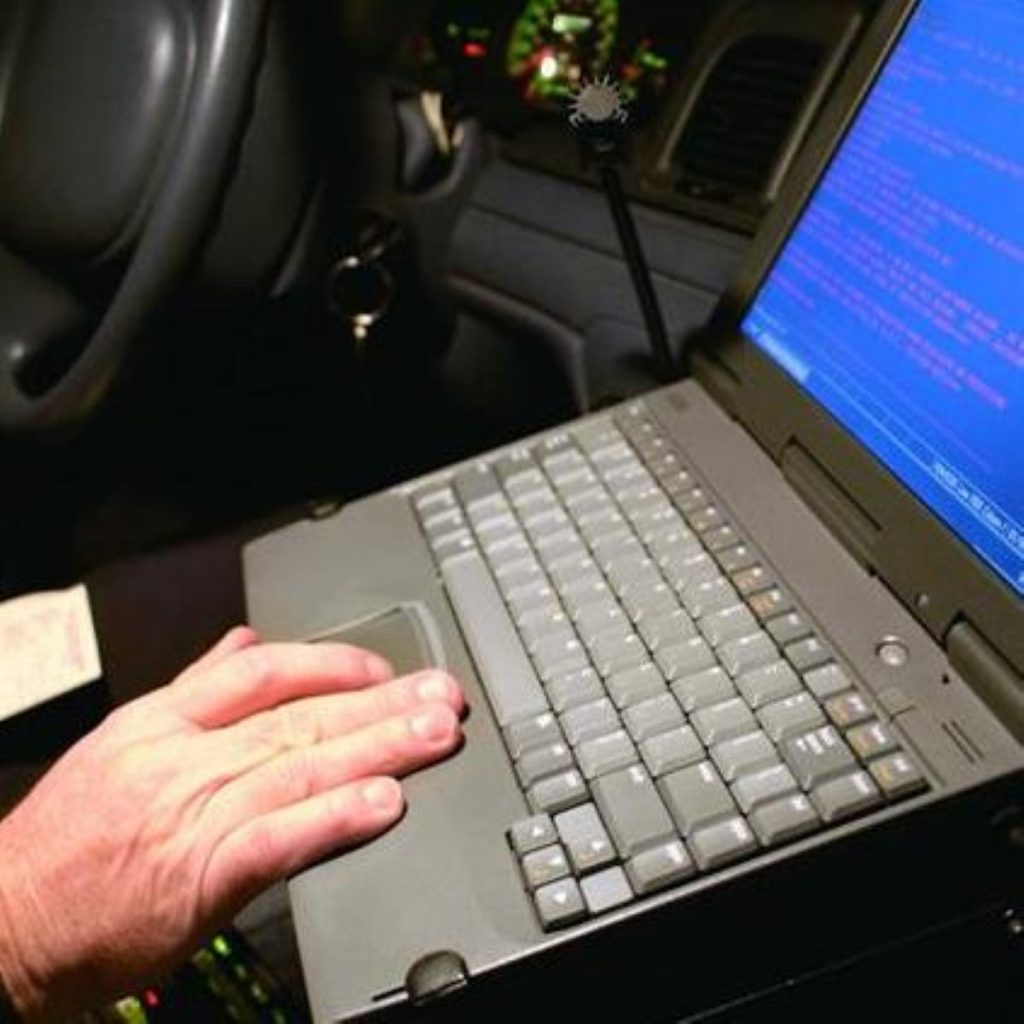‘Thousands’ of protestors appear on police database
By Emmeline Saunders
Details of people who participate in demonstrations and protests are being stored on a national police database of “domestic extremists”, it has emerged.
The database includes photographs and vehicle details of activists who attend public demonstrations such as anti-war rallies and environmental protests.
In a move that will shock civil liberties proponents, protestors could be labelled as “domestic extremists” if they are suspected of committing minor public order offences such as civil disobedience or peaceful direct action.


The term “domestic extremist” has no legal status, yet even protesters who have committed no crime could be labelled as such and be included on the database.
Three national police units responsible for fighting domestic extremism are run by the Association of Chief Police Officers (Acpo)’s “terrorism and allied matters” committee, which has a budget of nine million and employs around 100 staff.
The main unit, the National Public Order Intelligence Unit (NPOIU), filters intelligence supplied by nationwide police forces and runs a central database containing detailed files on individual protesters who are searchable by name.
The unit regularly deploys surveillance teams at public demonstrations and rallies.
It has four categories of domestic extremism animal rights campaigners, far-right groups, extreme left-wing protest groups (such as anti-war activists) and environmental protesters.
Protesters’ vehicles can be tracked through a national system of automatic number plate recognition (ANPR) cameras. ANPR “interceptor teams” can monitor attendance of protests by stationing themselves on roads leading to demonstrations.
It also emerged that police surveillance units known as Forward Intelligence Teams (FIT) take photographs and film footage of campaigners as they attend advertised public meetings. These are added to force-wide databases so police can follow campaigners’ political activities.
Surveillance officers are given “spotter cards” to identify the activists who police suspect are involved in domestic extremism.
The UPOIU works with two other Acpo groups the National Extremism Tactical Coordination Unit (Netcu) which advises companies on how to manage political campaigns, and the National Domestic Extremism Team, which amalgamates intelligence on protesters gathered by investigators.
Anton Setchell of Acpo said people on the database “should not worry at all”. Speaking to the Guardian he refused to tell how many names were on the national database but estimated the details of thousands of protesters were on file.












